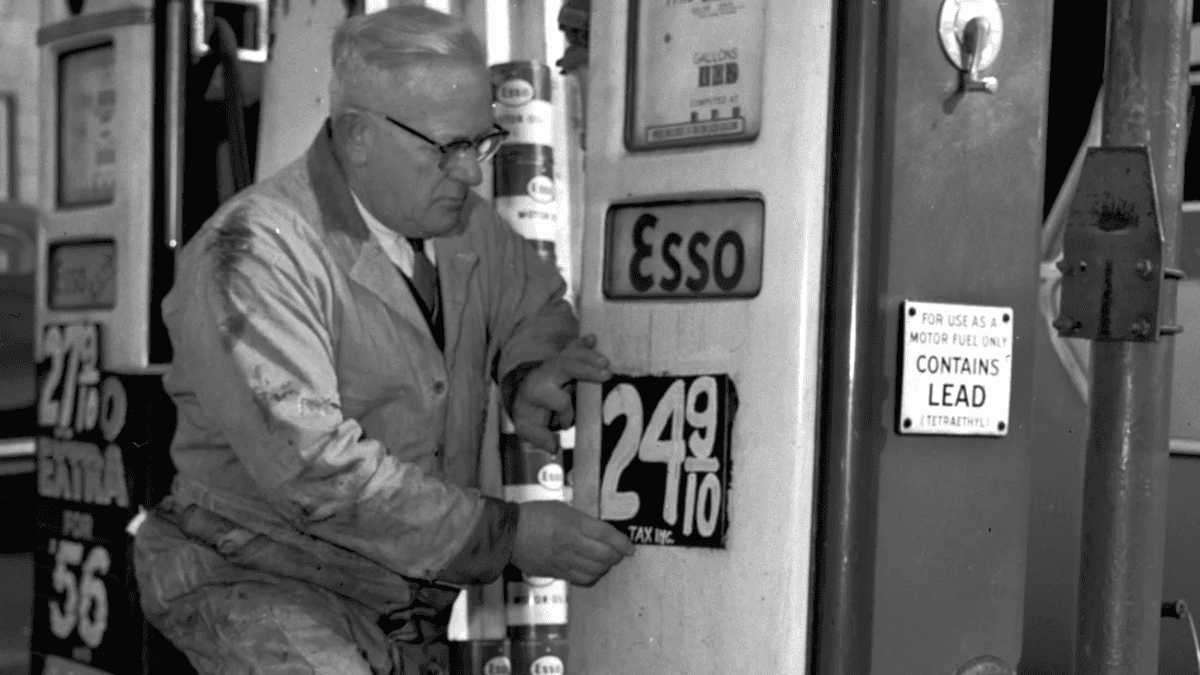The Esprit brand is being taken over in Europe by London-based investor Alteri and its fashion company CBR. What will happen to the once multi-billion dollar brand? Here is what we know and don’t know.
The Esprit we know no longer exists
The business operations behind the Esprit brand in Ratingen are being dissolved, while stores are closing in Germany and other European countries. In Germany, the brand’s largest European market, more than 1,300 employees are losing their jobs.
The headquarters in Hong Kong will in future only grant the international brand rights in return for licence fees, after the company has not been able to return to a path of success since its takeover by current major shareholder Karen Lo.
“Now we actually only have the brand on paper. I put that in the drawer and have no more activities, nothing more that keeps the brand’s heartbeat going. That’s really bad,” said former Esprit manager Thomas Fröhlich in an interview.
This latest drastic development has caused dismay among many, including former employees, who remember a good time and a positive working environment. Above all, the team spirit, or “esprit de corps”, is praised.
“Esprit was a likeable bunch in a way. It’s still a company of the heart, which is why it always touches me when things develop like this,” explained Fröhlich.
Now the brand has a new owner with Alteri. “The question is, what will the new investor do with it?” said Leo Faltmann, managing director of the consultancy Fashionconsult, in an interview. “Esprit already has a glamorous name, but it has been suffering from a crisis for 15 years.”
A slow decline
What was the secret of Esprit’s success? It was particularly popular with the middle class – in its most successful times, it was equally popular with mothers and daughters. The brand positioned itself comfortably in the mid-market fashion segment.
“In the late 1990s to mid-2000s, mid-market brands were very successful formats that took market share from established fashion brands. They weren’t very fashionable, but they delivered better quality than value brands and were significantly cheaper than genuine, internationally-known brands,” said fashion industry expert Achim Berg in an interview.
At its peak – in the 2007/2008 financial year – Esprit generated sales of 37.227 billion Hong Kong dollars (3.7 billion pounds) and a profit of 6.450 billion Hong Kong dollars (645.55 million pounds). But Esprit’s decline began here, at the end of the era of managing director Heinz Krogner, also known as “Mr. Esprit”. At least that’s how many industry insiders see it.
The brand was over-distributed, the goods lost their lustre. With each further change in management, the situation worsened. After the financial crisis, revenues continued to shrink over the years, to a mere 5.912 billion Hong Kong dollars (591.7 million pounds) in the 2023 financial year. The bottom line was a record loss of 2.339 billion Hong Kong dollars (234 million pounds).
“The customers who brought in the money have grown old with the brand,” said Fröhlich, who worked at Esprit until 2019.
Relaunch under Alteri
The collapse of Esprit under the last major shareholder was dramatic in the end. Initially, big plans were announced for the US and Chinese markets, where Esprit never made it big. A new digital hub in New York, London and Amsterdam was to come. In retrospect, some of the ideas even seem surreal.
A few months after a pop-up in the Parisian department store Printemps and a Berlin party with streetwear magazine Highsnobiety, Esprit subsidiaries in Switzerland and Belgium became insolvent, the largest franchise operator in Germany closed 40 stores and long-standing franchisees went bankrupt because they no longer received any goods.
The lack of understanding of the fashion business in Europe – Esprit’s largest market – by the current management in Hong Kong is seen as one of the many reasons for Esprit’s demise. That doesn’t seem to be the problem with the British fund Alteri, which owns the fashion company CBR with the brands Street One and Cecil. The latter has developed steadily in recent years.
“If CBR were to do it, we have a good chance,” said Faltmann. It is not yet known whether Esprit will be continued as a brand by the CBR Fashion Group. But there are indications. The current CBR managing director Jim Nowak worked at Esprit, even during Krogner’s time.
“The assumption is that it will go to CBR,” said former Esprit manager Thomas Fröhlich. CBR also responds to inquiries about Esprit, but otherwise remains tight-lipped. “We will not publish plans for the continuation of the Esprit brand until after the transaction has been completed, at a later date.” It sounds as if the new licensees still want to take their time.
“I also think that they will first put the brand in the drawer in order to develop a future-oriented concept,” said Fröhlich. “Because nowadays, docking a brand onto something existing is not wrong in principle from the point of view of synergy, but you have to have a real alternative to what you already have on the market.”
Future in the mainstream?
How Esprit will be positioned in the future is open and remains exciting. Who will the collection be aimed at, with what looks and prices?
“In terms of the principle and process of how they offer and deliver goods, they have all been quite similar – CBR, Esprit, S.Oliver, Tom Tailor. That was more or less the same. CBR has perfected this a bit more for today’s time, from the process chain it makes sense,” said Fröhlich. “But Esprit must also make sense as an alternative to existing CBR brands and be structured accordingly – and carry Esprit genes within it.”
But this traditional mainstream segment has suffered in recent years. This is shown by the insolvencies of clothing manufacturers such as Tom Tailor or the department store group Galeria. Vertical fashion chains are also putting pressure on them, as are discounts on premium brands, and business in the mid-market fashion segment has become more difficult.
“The value players have invested in quality over time, but kept their prices lower,” said Berg. “At the same time, brands that were previously priced higher have offered lower prices, not least because up to 60 percent of items are not sold at full price.”
Brand identity
Examples from the past such as the brands Mexx or Bench show that a relaunch can be difficult. After the announcements of a re-entry into the market, little has been heard from them to this day.
In the case of Esprit, too, only the European brand rights have been sold so far. Who will acquire the rights in the other regions of the world and will there then still be an internationally coherent brand image?
In case of doubt, the brand could suffer. In North America, for example, these brands Mexx or Bench can be found at Walmart or Costco, but no longer in the fashion trade, said Fröhlich. “In the end, they only exist as licensed brands and nowadays lead a very, very bad discounter existence. I have the same fear for Esprit.”







